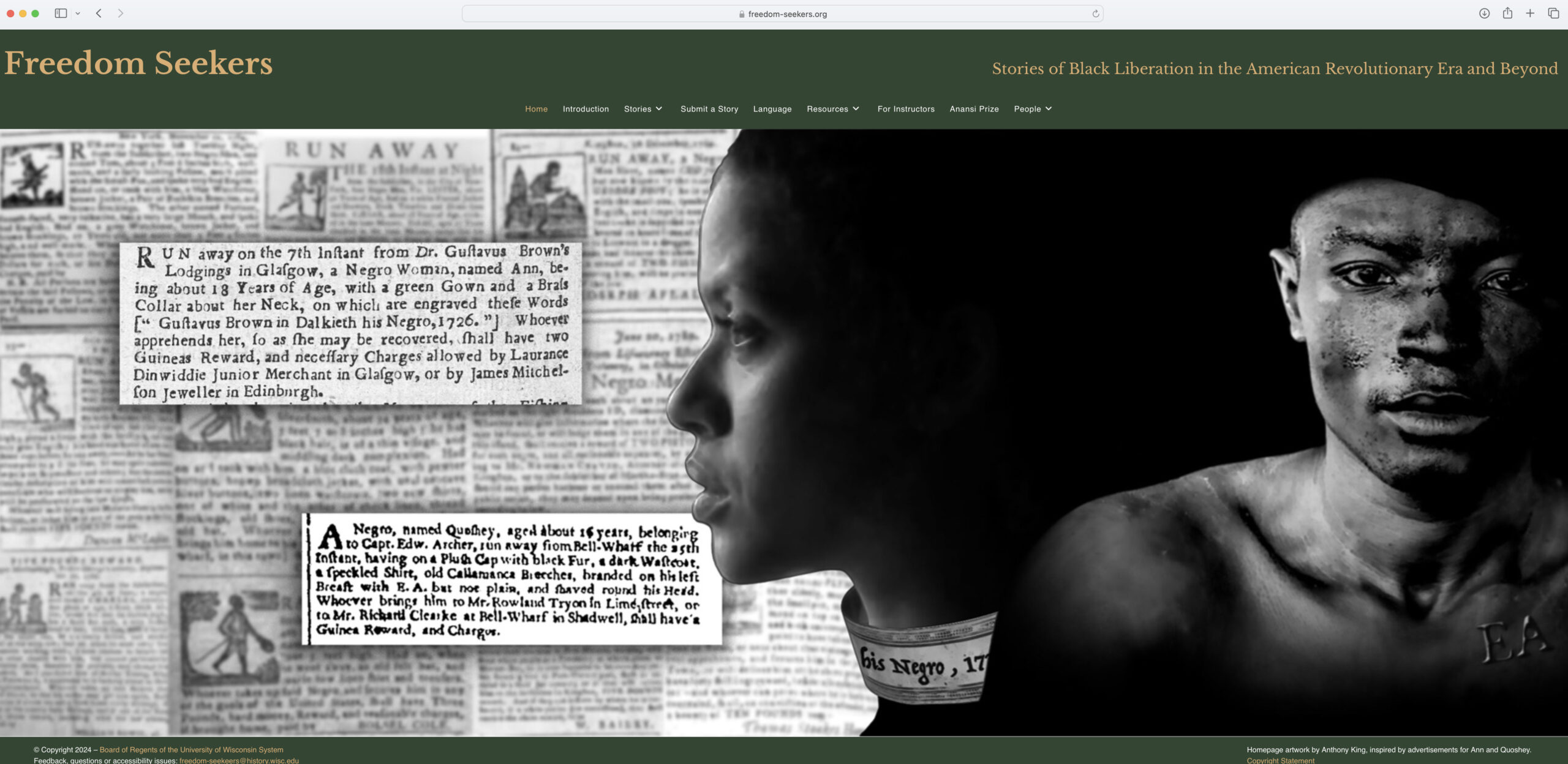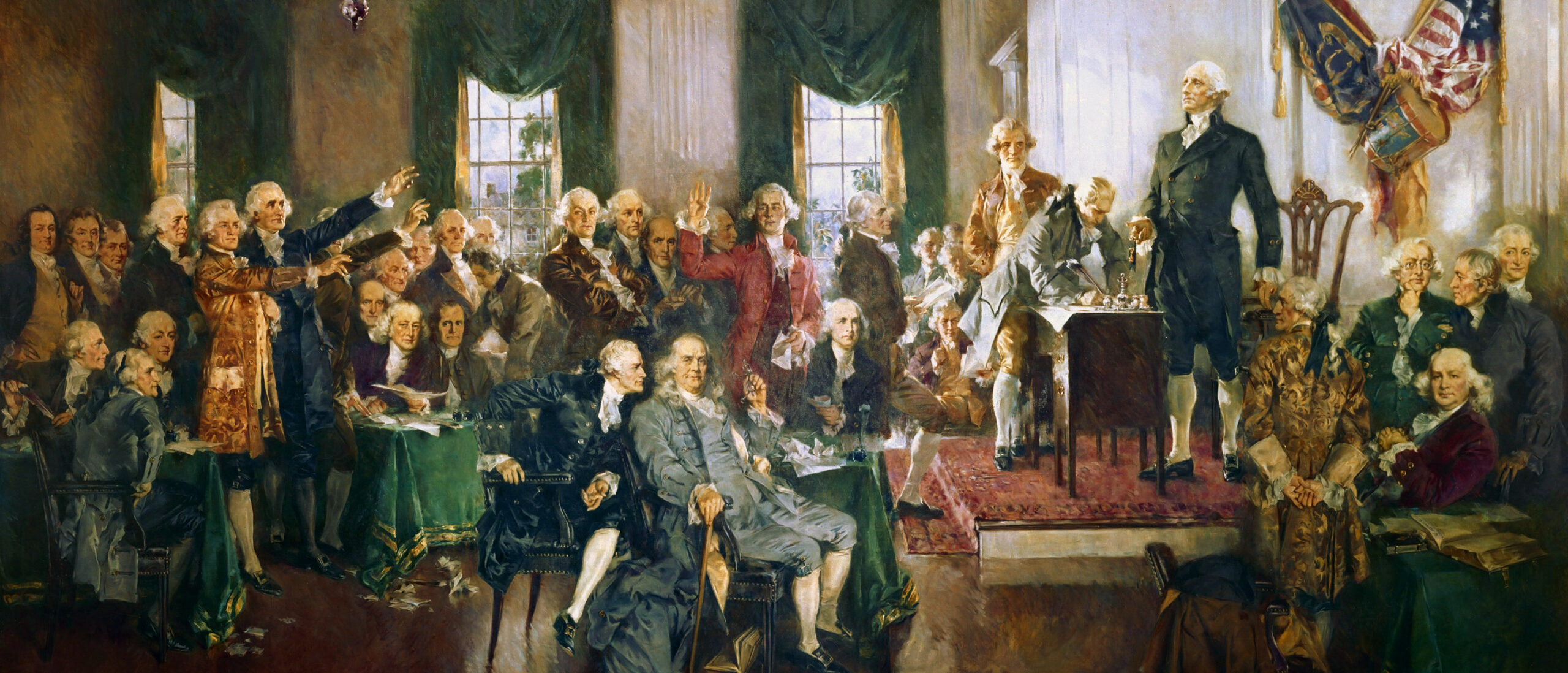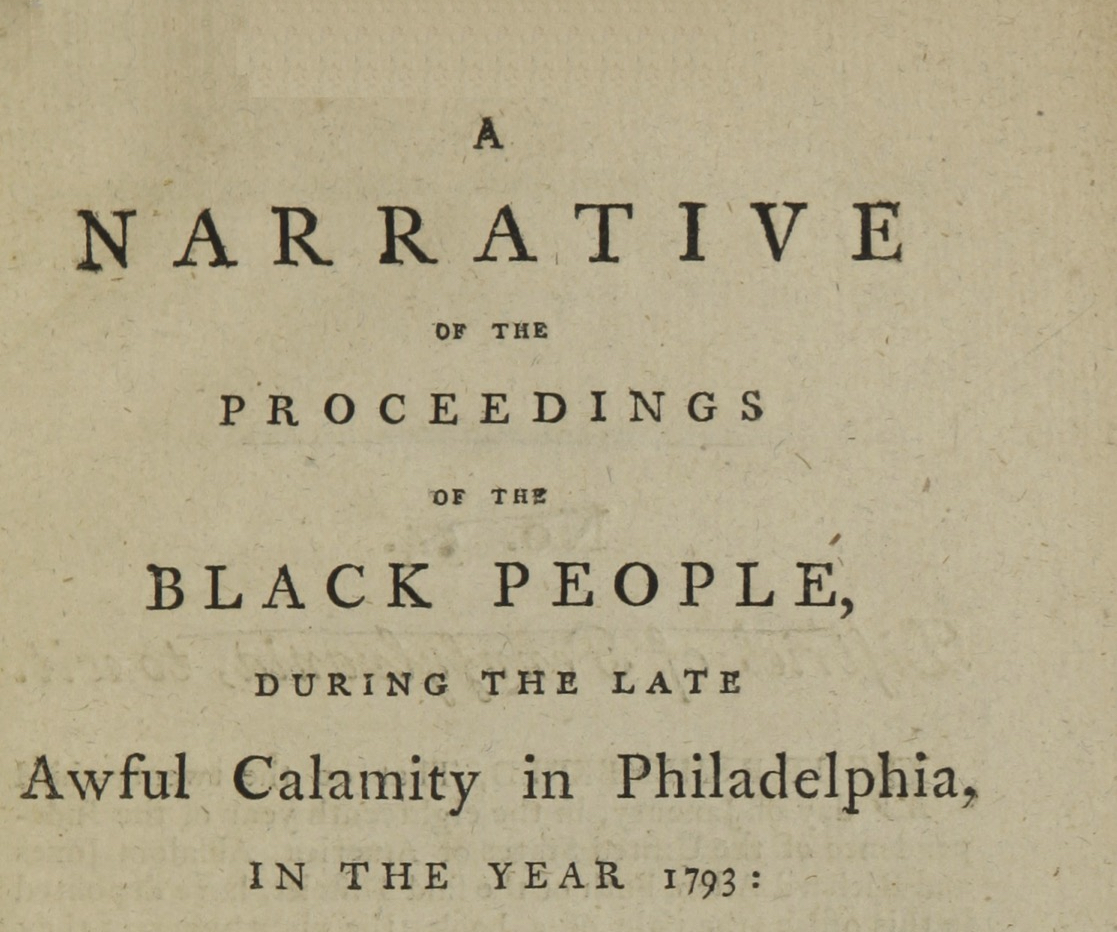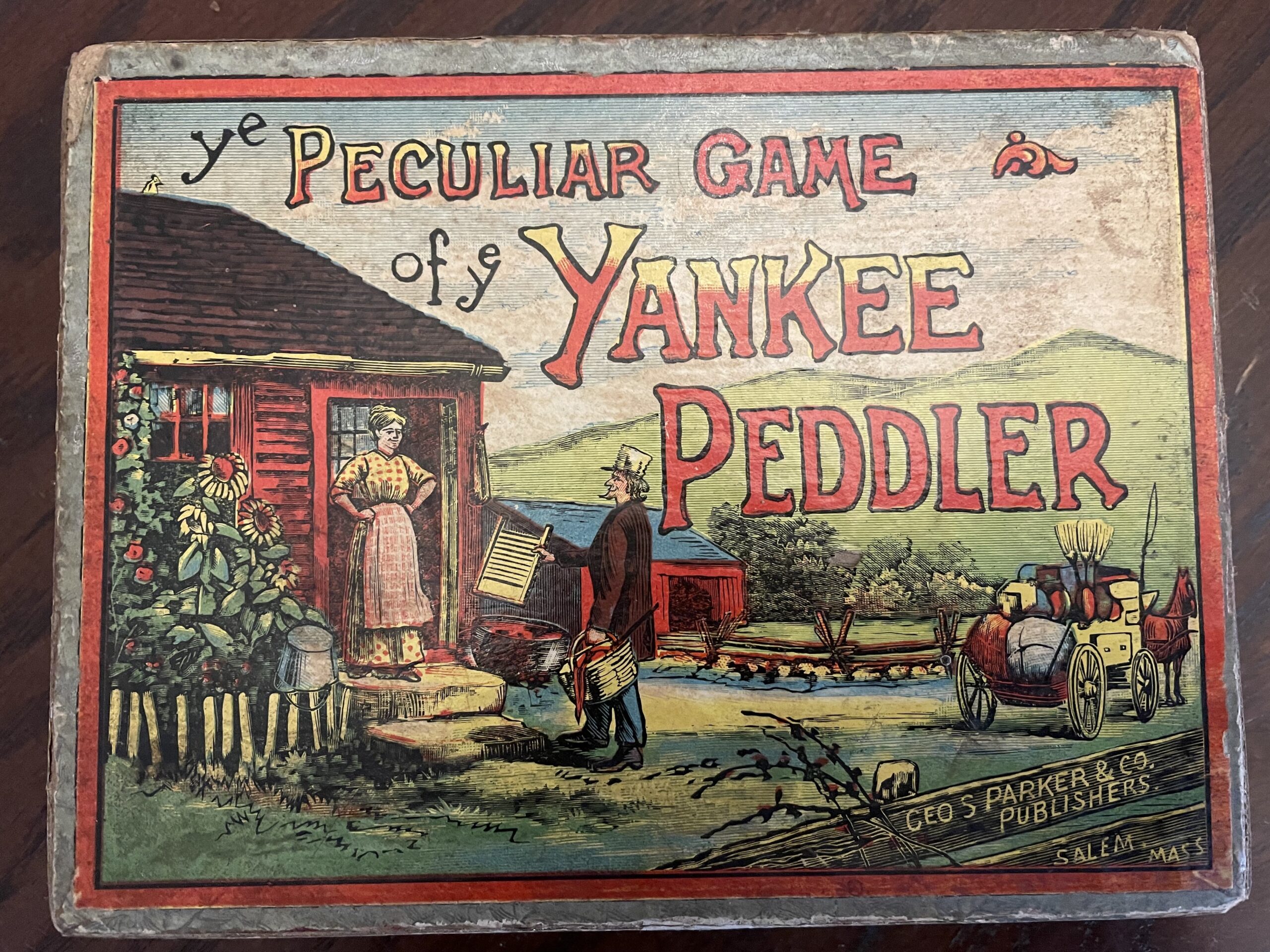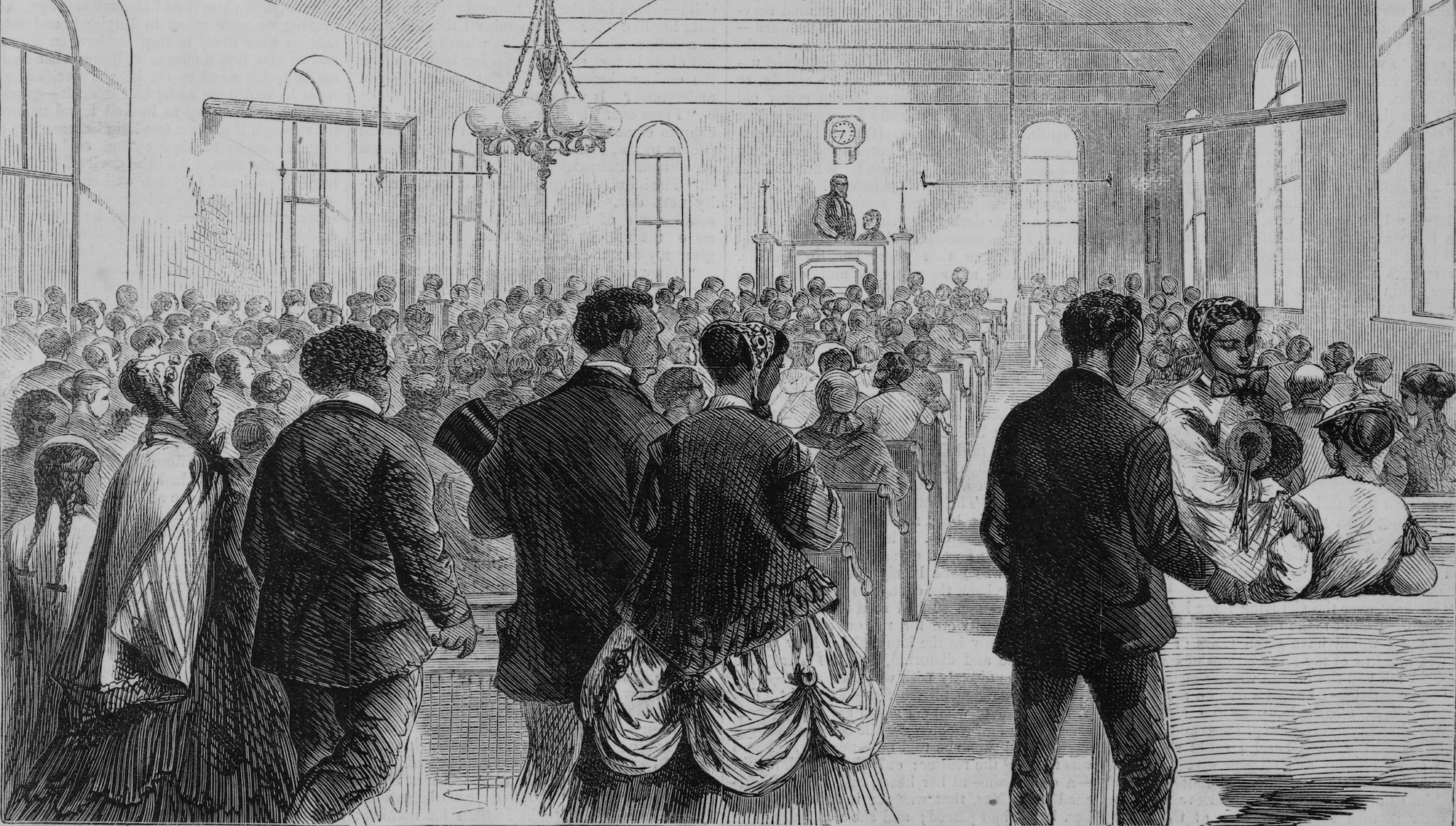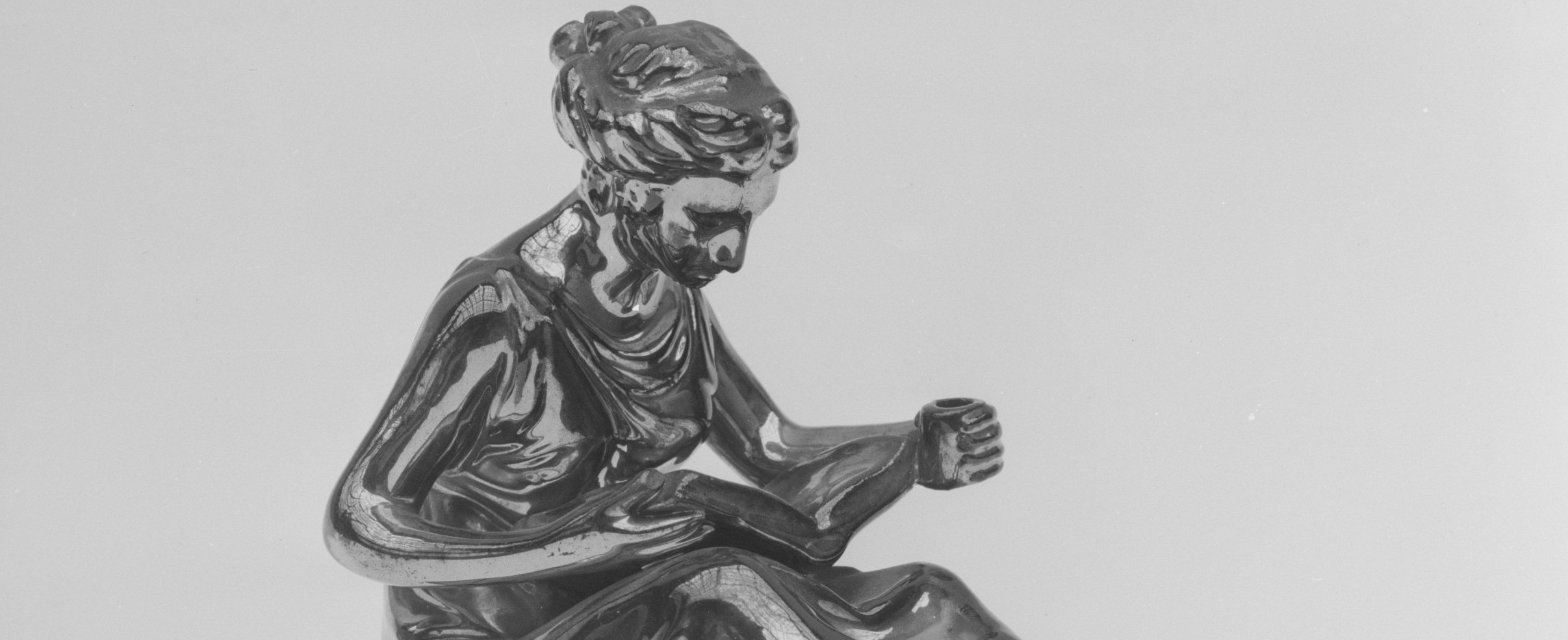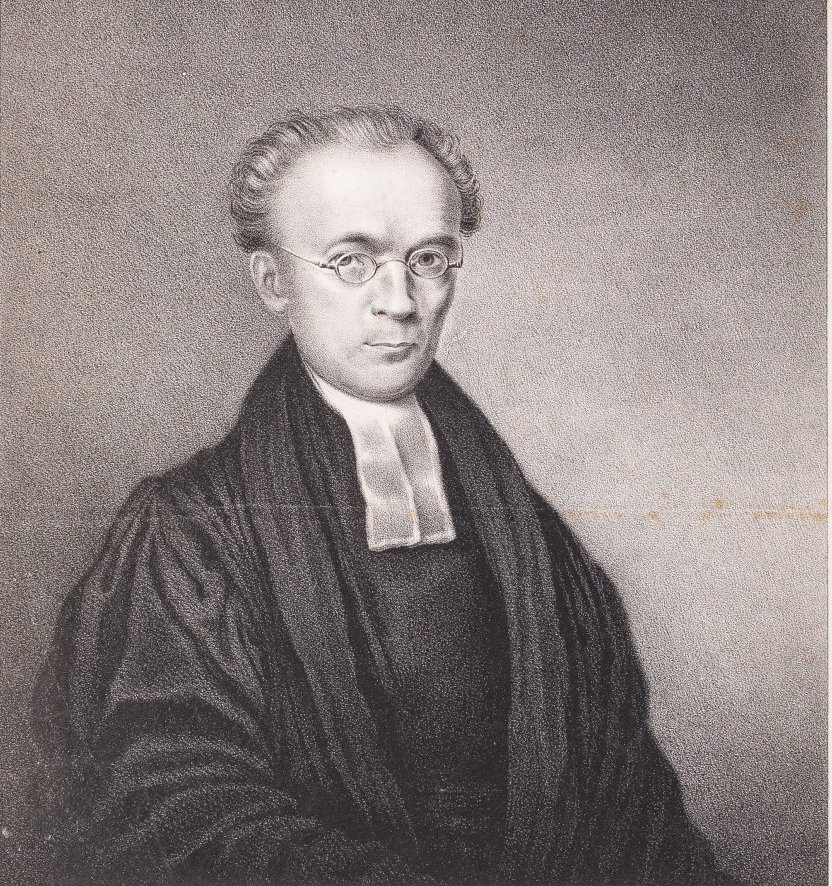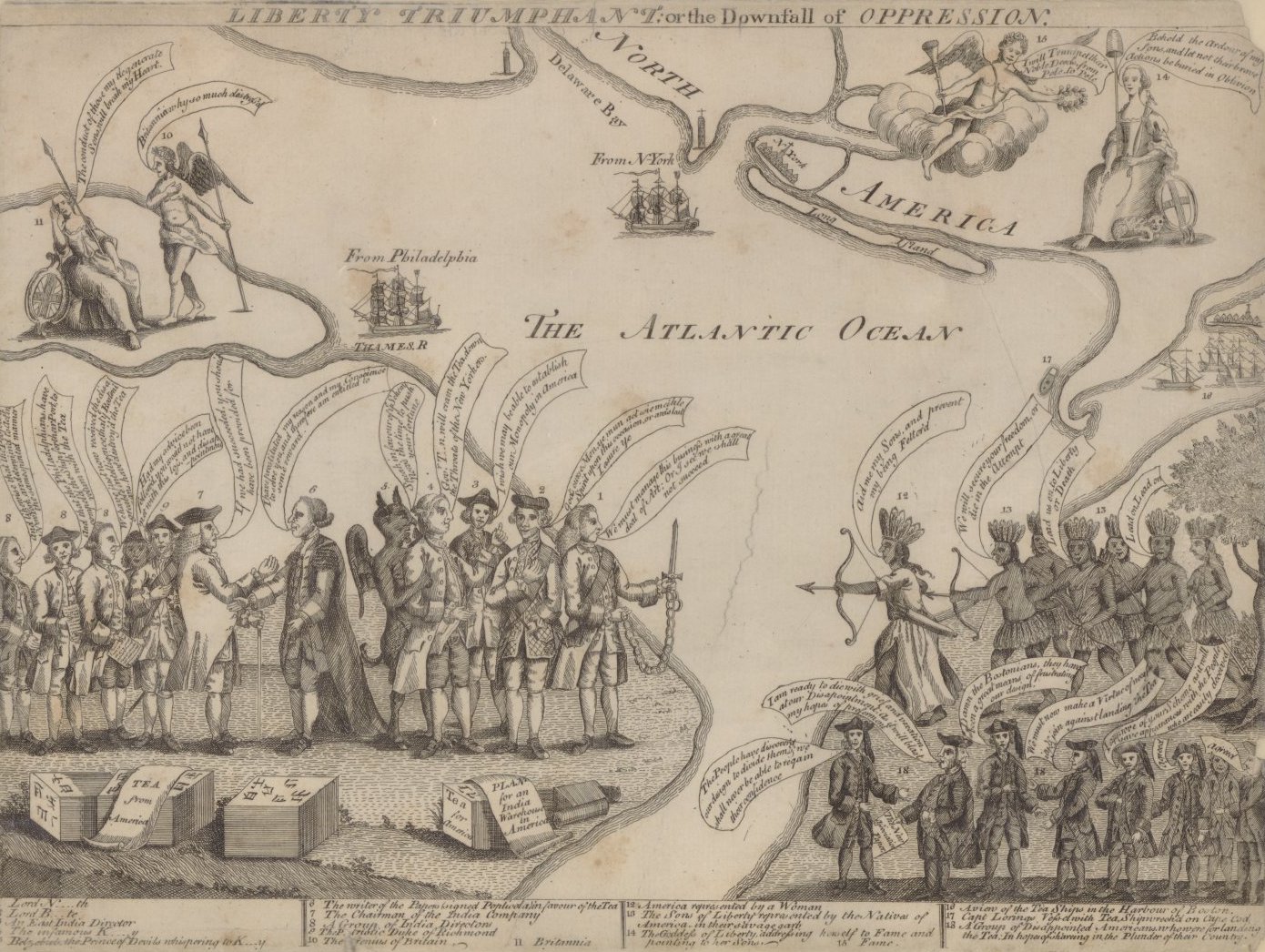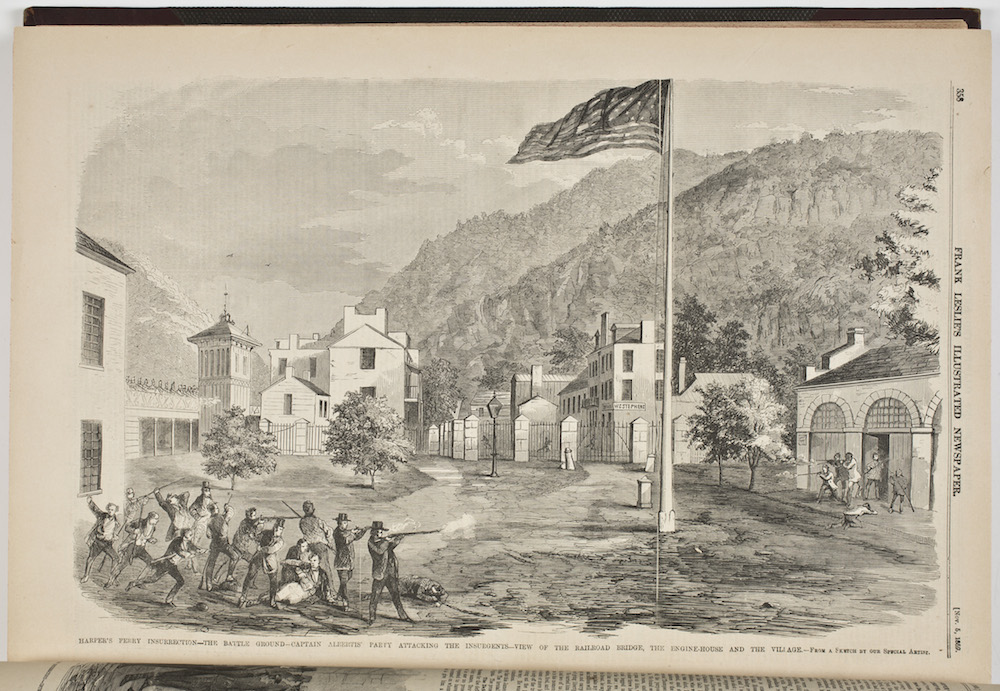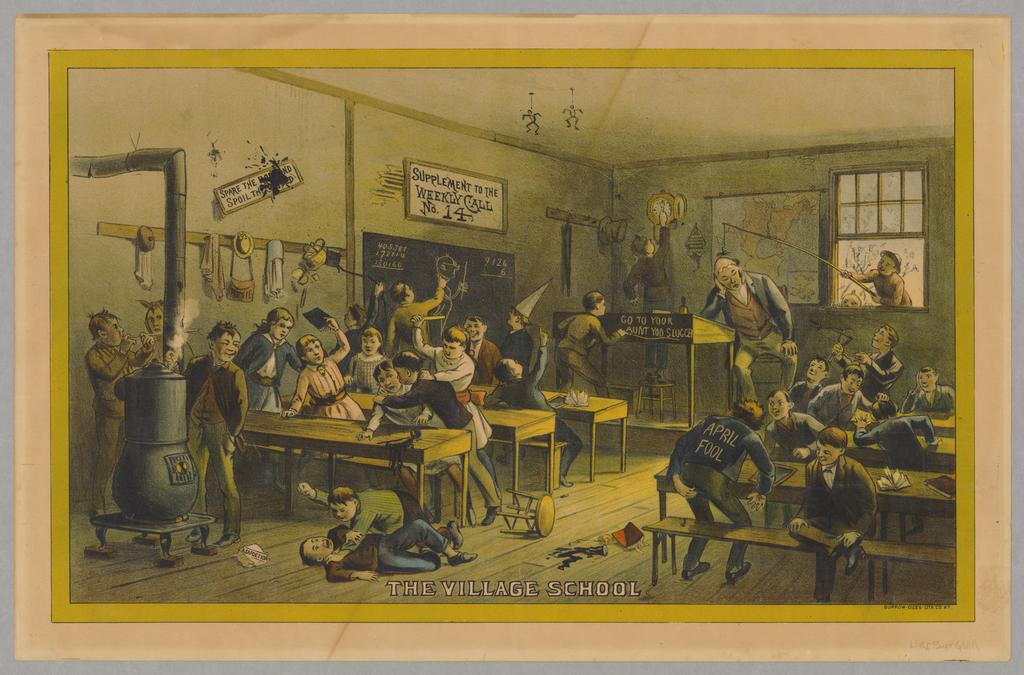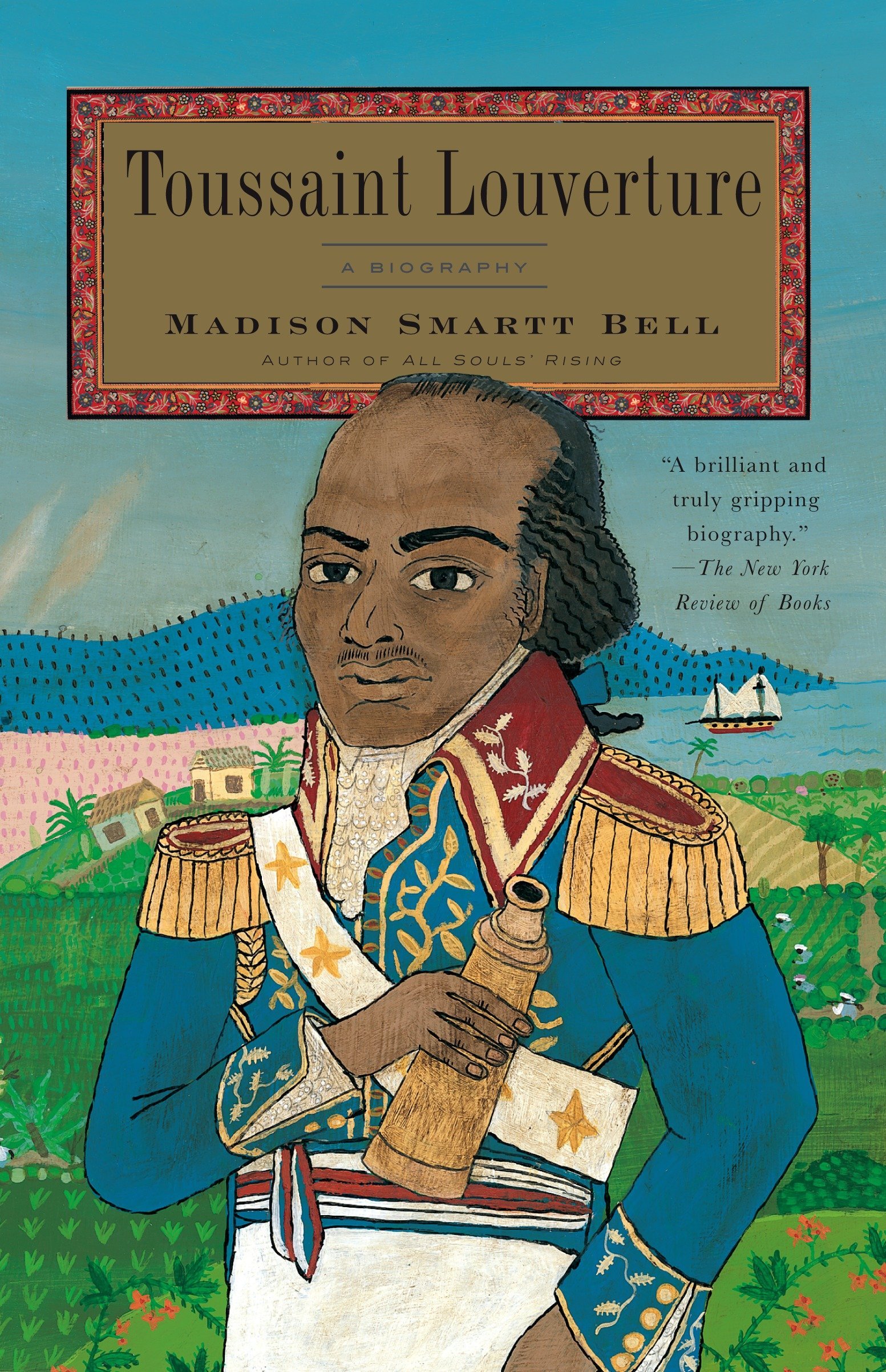
We will probably never know whether Thomas Cornell committed matricide. He was accused of stabbing his mother and burning her body in their Rhode Island home on a February night in 1673, although only circumstantial evidence pointed to his guilt. His trial left an assortment of unanswered questions, and eventually an unsatisfied community tried two other people for the same crime. To modern Americans this probably borders on perversion, since Cornell had long since swung from a rope by the time an Indian servant and Cornell’s widow were separately prosecuted in 1674 and 1675. Those left with a lingering uneasiness in the aftermath of Cornell’s execution, however, were not convinced that the person responsible for Rebecca Cornell’s death had been punished. If the actual murderer had successfully evaded the law’s reach, justice had not been served. So they sought out another potential killer. And then another.
Today’s standards suggest that such zealous attempts to redress a wrong were excessive. At the same time, the premise on which they acted is no less compelling today than it was three hundred years ago: justice demands punishment for wrongdoing. The quandary that survives the centuries—and defies resolution—is how to establish legal procedures that will rout the guilty without jeopardizing the innocent. In Thomas Cornell’s case, the victim’s ghost tried to help but provided only ambiguous testimony. The body bled in the presence of the defendant, but such evidence was hardly failsafe. The Anglo-American legal system was steeped in ancient traditions that had evolved over time, but jurists on both continents were aware that no rules, no guidelines, no laws could guarantee an equitable result each time. Sometimes a guilty person was acquitted; sometimes an innocent person was convicted. The real questions, then and now, are how to minimize those risks, safeguard defendants’ rights, and make certain that the result is “just.” And if those early Anglo-Americans resolved these issues differently than we have in the twenty-first century, it doesn’t necessarily mean that the modern American judicial system is any better equipped to ensure that justice prevails.
It was probably a good idea to dispense with spectral evidence, since ghosts routinely resist cross-examination. And a bleeding corpse lends itself to several possible interpretations, only one of which might divulge a murderer. In the interest of a fair trial, therefore, we no longer rely on such indicators of guilt or innocence.
But there are other rules of evidence that have been abandoned since the seventeenth century—rules that, despite their archaic foundations, might lead to a more accurate assessment of a case and reduce the possibility of an erroneous verdict. Thomas Cornell’s jury may have had it right the first time. And they had a better chance of getting to the truth of the matter because of a seventeenth-century convention that we’ve since discarded: the notion that hearsay mattered.
If the men who composed Cornell’s jury were not his peers—he was, after all, an elite member of the community—they were still folk who had rubbed elbows with him on any number of occasions. They had served alongside Cornell on committees, they owned nearby property, they traded cattle, they drank together, and they sued each other in court. By the standards of early Rhode Island they were acceptable jurors precisely because they knew Thomas Cornell, or, at the very least, they knew about Thomas Cornell. Before his trial began they had heard the gruesome details of the case, and may have already leaned toward one verdict or another. Local jurors frequently knew more about a high publicity case than either the attorney general or the superior court judges, but how much of that private information was aired in open court or shared during deliberation is beyond retrieval. We do know, however, that hearsay—the gossip and rumors that our legal system reviles but theirs prized—received considerable attention as the jury weighed testimony that eventually led to Cornell’s conviction. Indeed, Cornell’s background and character were matters of public knowledge, and he was judged on that record as much as on any other evidence introduced during his trial. Before her death, Rebecca Cornell told anyone who would listen that she was “neglected” and “disregarded.” She confided to friends that her son had reneged on his promise to provide her with a maid and to pay her rent. He owed her money and denied her food. Thomas’s unkindness extended to language: he was always “very cross,” Rebecca complained to her neighbors. He “nasht” his teeth at her. She was convinced that her life was in danger and she shared that fear with others. Such were the rumors that circulated in the community and were introduced at trial as evidence of his bad character.
If it is true that twenty-first century jurists would reject such testimony as hearsay—not to mention a deprivation of Sixth Amendment rights—it is because our modern sensibility interprets those rights from the perspective of current realities and concerns that favor the individual over society. In modern America’s densely populated communities, the likelihood that a juror will know a defendant is minimal. Moreover, information about a defendant’s background and character is rarely communicated to a jury (and only in special circumstances) on the assumption that such revelations might negatively influence the verdict. Criminal behavior in the past, so the theory goes, is not indicative of future guilt. Although it is true that information about a previous conviction might be prejudicial, it is no less true that criminal behavior is often repetitive. In other words, arsonists continually set fires, robbers repeatedly steal, and rapists are not usually satisfied with a single victim. Thus, if justice—holding the guilty accountable—is actually a social priority, is it not possible that knowledge of a defendant’s past might further that end? Since recidivism is widespread, information about a defendant’s criminal behavior might bring about a more equitable ratio of guilty verdicts to guilty defendants, while simultaneously reducing the crime rate by taking such culprits out of circulation. Conversely, affirmative evidence about a suspect’s character could be beneficial: positive testimony about a defendant’s life might persuade a jury to acquit, rather than to convict.
In a country that sanctions the death penalty and occasionally executes innocent people it is, perhaps, gratuitous to suggest a legal device that could boost the conviction rate. Nevertheless, since the American judicial system stands on an English foundation, we should not ignore the way in which our British cousins are attempting to renovate their constitutional framework in an effort to trim a rising crime rate. In July 2002 they proposed far-reaching changes that will all but transform the English judicial process. They are very open about their motives: to rebalance the system in favor of victims and society at large. At the same time, Home Secretary David Blunkett denies that such changes will erode a defendant’s right to a fair trial. Whether this is true or not will depend on how they redefine a fair trial. That definition has always been a function of time and place, an ephemeral concept that reflects the collective mood at any given moment, just as the notion of cruel and unusual punishment cannot be extricated from its social context. An impartial jury is just as vague an ideal since impartiality is more a fictional aspiration than a fait accompli.
The many procedural changes that are being considered in England (one can’t really say “introduced” since they are merely lapsed components of the legal tradition) include the use of testimony relating to a suspect’s criminal past. Hearsay evidence will be permissible once again. This seems to imply that the sorts of gossip and rumors that led to Thomas Cornell’s conviction will merit consideration in the modern courtroom.
Cornell was convicted against the weight of material evidence. No weapon was found, and there were no witnesses. Other possibilities to account for his mother’s death, such as suicide or an intruder, were dismissed. Cornell was a respected member of the community, a sometime legislator, and possibly the highest ranking colonist to have been hanged for a capital crime. But his reputation as a bad head of household dishonored him, and his undutiful behavior toward his mother followed him into the courtroom. Friends and neighbors testified that his mother spoke of threats: hearsay in contemporary language.
Was Cornell denied a fair trial? Not in his time and place, surely. Maybe not in ours, either, if we are willing to reexamine seventeenth-century jurisprudence with a little more respect and a lot less hubris about our own modern superiority. Those of us who confess to a Whig disposition subconsciously cling to the belief that change and progress are transposable concepts. We have unhesitatingly accepted the idea that the constitutionally mandated impartial jury is one that knows less, rather than more, about a defendant. But in the ongoing tug of war between individual interests and the common good, maybe the British have it right. Again.
This article originally appeared in issue 3.2 (January, 2003).
Common-Place asks Elaine Forman Crane, professor of history at Fordham University and the author of Killed Strangely: The Death of Rebecca Cornell (Ithaca, N.Y., 2002), whether seventeenth-century Anglo-Americans had a keener sense of justice than modern Americans.



